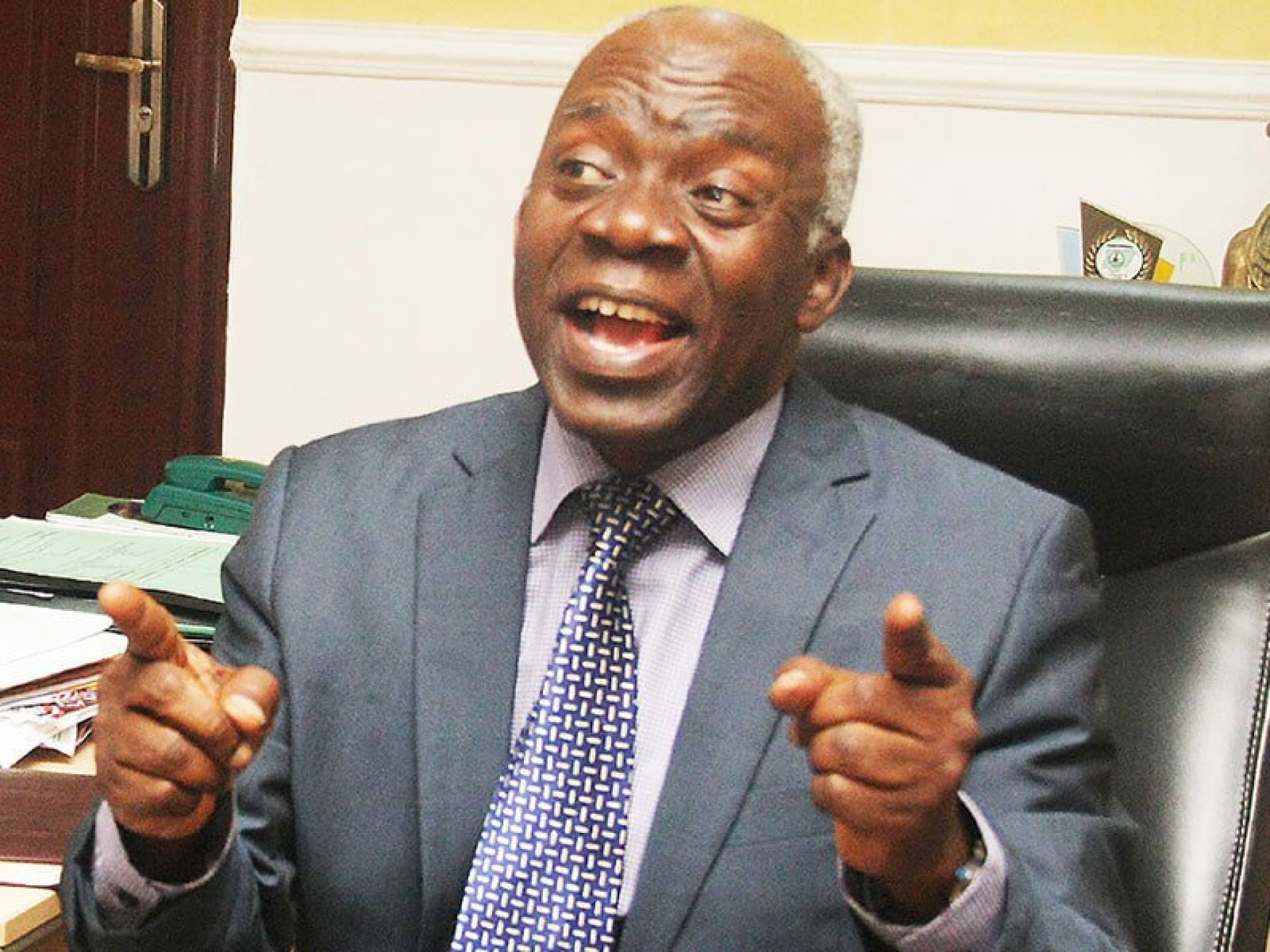
In a significant development, human rights lawyer Femi Falana has revealed that the Central Bank of Nigeria (CBN) has been taken to court over its decision to float the Naira currency. Falana made this revelation during an exclusive interview on Channels Television last Friday.
The apex bank had reportedly issued directives to Deposit Money Banks in June, allowing the Naira to be freely floated against the US Dollar and other international currencies. This policy shift came at a time when the Naira was trading at a range of 730 to 755 against the Dollar at the Investors and Exporters (I&E) window.
However, Femi Falana, a prominent legal figure, described the CBN’s decision to float the Naira as “illegal” and asserted that it was currently under challenge in the court of law. During the interview, Falana stated, “There’s no provision for floating the Naira. It’s illegal. You say, ‘The value of the Naira will be determined by market forces.’ That is not there in the law.”
He further elaborated on his legal action against the CBN, disclosing, “I’ve had to sue the Central Bank of Nigeria at the Federal High Court because Section 16 of the Central Bank Act has imposed a duty on the Central Bank to fix and determine the rate of the Naira vis-a-vis other currencies.”
As of the latest available data, the CBN has pegged the exchange rate between N744 and N746. Falana emphasized that the CBN Act explicitly mandates the central bank to establish the exchange rate. He highlighted Section 20(1) of the CBN Act, which designates the currency notes issued by the Central Bank as the sole legal tender in Nigeria.
Furthermore, Falana brought attention to Section 20 (5) of the Act, which classifies the use of any other currency in Nigeria without the central bank’s approval as an offense punishable by prosecution. The penalty, he noted, is six months’ imprisonment.
Expanding on his perspective, Falana argued that unless government officials commit to bolstering the Naira and making it the exclusive legal tender in Nigeria, the country’s progress would be hindered.
Turning his focus to the recent announcement by the Federal Government to allocate N5 billion to each state and the Federal Capital Territory (FCT) for the procurement of food items to distribute to the impoverished, Falana expressed skepticism. He viewed these measures as diversionary and cautioned that they would be overshadowed by the overarching issue of the economy’s dollarization.
In his words, “They are temporary measures. Some of them are quite diversionary and the people in government have not addressed the root of the crisis, which is the dollarization of the economy.” Falana concluded by asserting that any palliatives introduced would ultimately be eroded by the broader impacts of the economy’s dollarization.
This legal challenge against the Central Bank’s policy shift underscores the complexities surrounding Nigeria’s economic landscape and highlights the ongoing debates regarding the Naira’s stability and its place within the global financial realm.





Comments are closed.